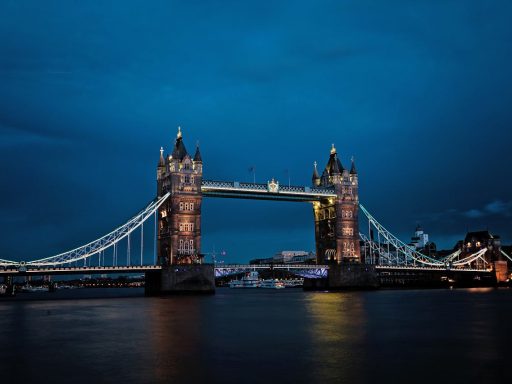As technology develops, it’s always interesting to see how different industries take to the innovations. Hospitality more than any industry is concerned with customer experience – something that we often don’t associate with tech but instead with human interaction. But some trends show this notion is false, as modern technology is more than capable of elevating the customer’s experience.
Electronic locks and room service indicator
Electronic locks are a staple of a modern hotel. They’ve been around for a few years now, and they’re often appreciated by guests for a few reasons. Firstly, they fit inside a wallet more easily than a traditional key, and secondly, they’re faster and easier to unlock a door with.
There’s also an issue with key cards being wiped by mobile phones, which deactivates them, meaning they must seek out a replacement – a big nuisance at 11 pm at night. One solution to this is Omnitec digital locks that utilize Bluetooth for a proximity opening. No more losing our key or deactivating it!
Another related trend to electronic keys is to ditch the cardboard “do not disturb” signs and to have an electronic light outside the room that can be turned on and off from inside the room. Now, guests can light up “do not disturb” or “house cleaning needed”, meaning the cleaner no longer needs to knock on the door and ask if they want house cleaning.
Contactless checking-in and robots
Automation and AI are becoming an increasing part of hospitality. During the pandemic, contactless become a big thing in retail and hospitality, meaning that hotels began to offer a way to check in without encountering a receptionist.
To go a step further, small robots and machines can be used to facilitate the check-in for a customer. They can speak aloud any instructions, take input from the guest through a touch screen, and deliver them the key card.
This is perhaps a controversial process for some guests. So, it’s perhaps worthwhile asking guests during the booking process if they would like a contactless check-in or not. This can help guests get frustrated at the idea of communicating with a robot instead of a person.
Suitable for working
Wi-Fi is an absolute necessity these days. It used to be that business hotels were the most concerned with Wi-Fi, but with how popular freelancing is and working from home, you really have no idea how many guests are working in their rooms. It’s worth assuming that each room is fit for working in.
This means having a desk and desk chair – or at the very least, offering it as a room type when booking. Beyond the physical space, the focus on Wi-Fi speed is increasingly growing. It’s no longer acceptable to just have free Wi-Fi, it must be fast enough to facilitate video calls.
Finally, some hotels will block VPN usage, whether it’s on purpose or unknowingly. This rules out the ability of many guests to get work done, as companies often require their remote employees to sign in to a VPN for security reasons.
Free water in the corridor
When spending more time in the hotel than ever before, either through work or lockdown restrictions (i.e., nighttime curfews), guests should feel as if they can get water as and when they please. It’s a basic human need that doesn’t cost all that much. If water coolers cost too much to maintain, simply a running tap that passes through a filter will suffice, as long as it’s labeled safe to drink so the guests know.
These are increasingly being placed in the corridor of hotels for all guests on that floor to share. Traditionally, the solution to water was to bring new water bottles each day to the guest’s room. But this has two issues. Firstly, it’s environmentally unfriendly – something many guests will care about. Secondly, it means the guest must let in house cleaning just for the water when they otherwise do not want to be disturbed.
For bonus points, have a hot water tap next to the cold. This is common in Asian hotels as it’s useful for heating up dried food, like noodles. Something as small as a hot water tap can save the guest from having the headache of going out to a restaurant to eat.
Also read: Trending Instagrammable Locations Of This Year
Mobile room service
Room service is an important and very traditional part of a hotel experience. If anything, it’s becoming less common, as it’s possible to order an Uber Eats or Grab takeaway to the hotel reception. But, seeing as it’s a service still appreciated by many guests, it’s worth upgrading the system to be compatible with a mobile phone. A small form on the website to place an order can make it much easier for guests who would rather avoid a phone call or are simply used to ordering food from their phones.






